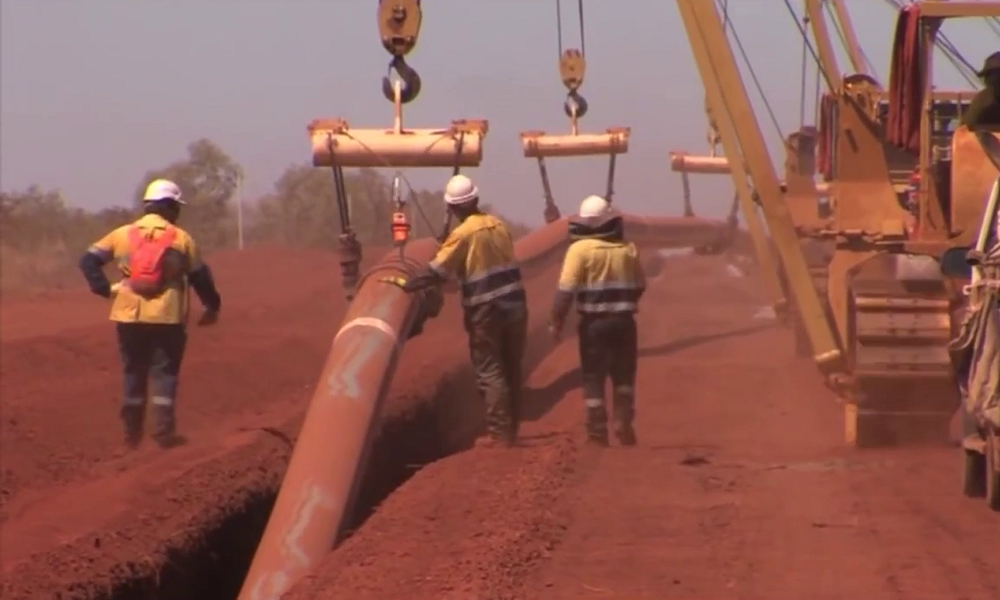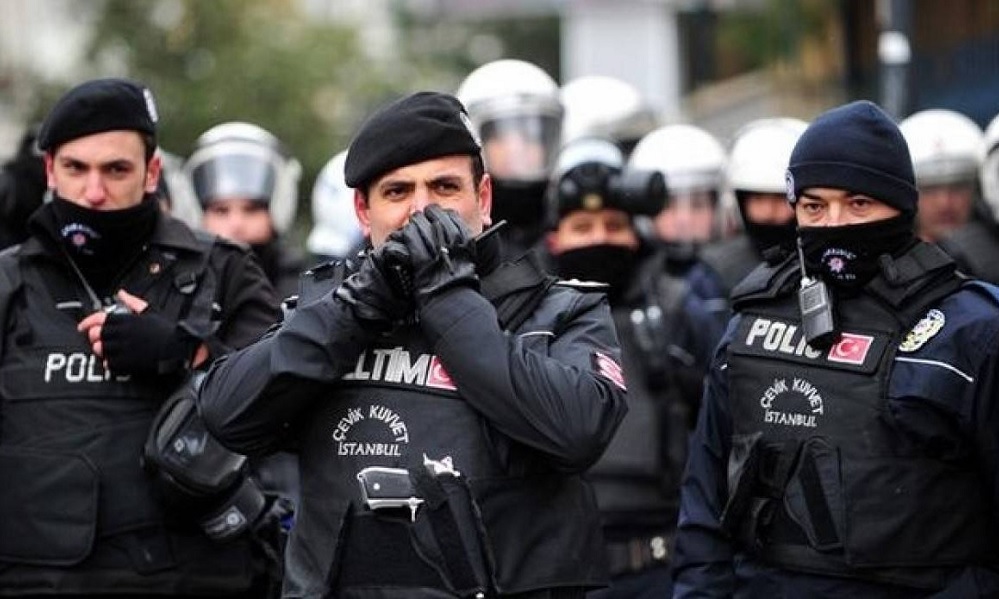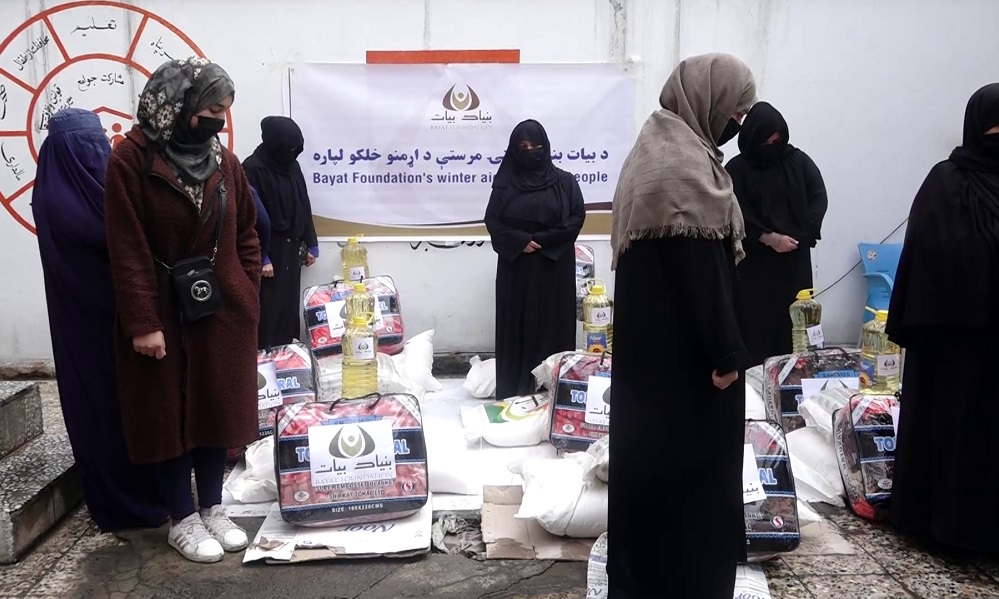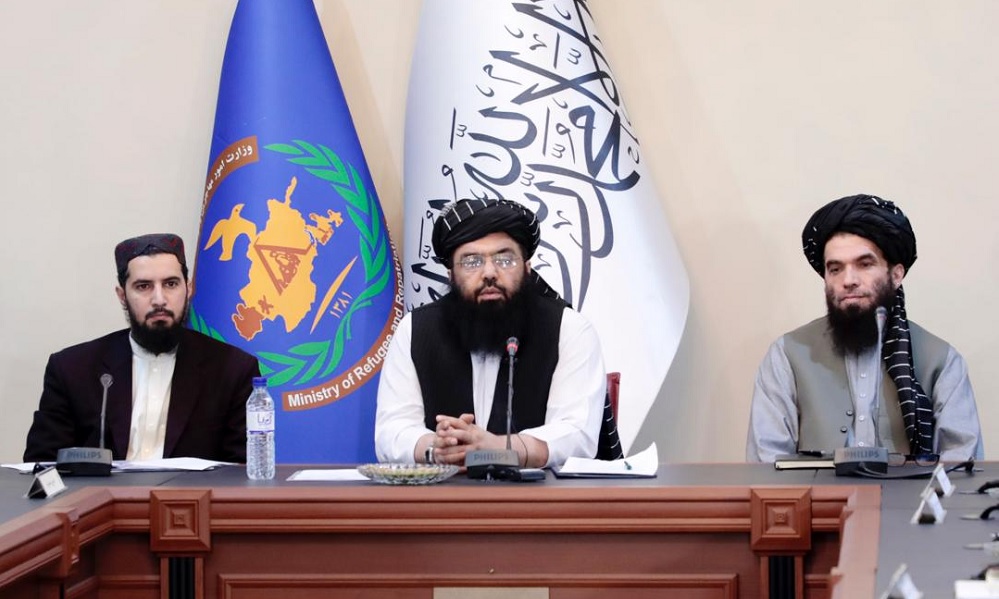Latest News
Officials confident practical work on TAPI in Afghanistan will start soon

Officials from the Ministry of Mines and Petroleum said discussions were held recently with Turkmenistan officials and that practical work on the Turkmenistan–Afghanistan–Pakistan–India (TAPI) gas pipeline project will start soon.
Officials said discussions were held with Turkmen officials during their recent visit to Herat.
The trans-Afghanistan pipeline has been on the cards for years and once complete will transport natural gas from the Galkynysh Gas Field in Turkmenistan through Afghanistan into Pakistan and then to India.
Construction on the project started in Turkmenistan on 13 December 2015 but is currently stalled on the Afghanistan side.
The ministry’s spokesman Homayoun Afghan said however that problems have been resolved to some extent and that resumption of work will start soon.
Officials from the Chamber of Industries and Mines say that once complete, Afghanistan will receive 500 million cubic meters of gas for ten years and then one billion cubic meters of gas for twenty years.
According to them, the government will also earn about $500 million a year in transit fees.
“If the TAPI project is implemented, it will be vital economically for Afghanistan and for three countries that are involved in this project,” said Sakhi Ahmad Payman, deputy head of the Afghanistan Chamber of Industries and Mines.
“In the future, we will be able to use this gas to move gas-related industries and produce energy. Our gas imports will decrease. In general, Afghanistan will get a good income from the economic point of view,” Payman added.
Khanjan Alkozi, a member of the Afghanistan Chamber of Commerce and Investment (ACCI), also said that this is a “major” project that will provide employment opportunities for thousands of people.
In addition, economic experts believe that the grounds for the implementation of large economic projects in the country have been provided and the opportunity should be used effectively.
TAPI gas pipeline is 1,800 km long and extends from Afghanistan and Pakistan to India – of which 735 km of it will traverse Afghanistan through the provinces of Herat, Farah, Helmand and Kandahar.
It is estimated that the cost of this project will exceed $22.5 billion.
Latest News
Turkish intelligence captures a Daesh member near the Durand Line

Turkish intelligence agents have captured a senior member of Daesh near the Durand Line, reportedly preventing planned suicide attacks in Turkey and other countries, according to Turkey’s state-run Anadolu Agency on Monday.
The suspect, identified as Mehmet Goren, is a Turkish citizen. He was apprehended during a covert operation and transferred to Turkey. Details on the timing of the operation or the involvement of Afghan and Pakistani authorities were not disclosed.
According to the report, Goren had risen through the ranks of Daesh and was allegedly tasked with carrying out suicide bombings in Turkey, Pakistan, Afghanistan, and Europe.
Daesh has a history of deadly attacks in Turkey, including the January 1, 2017 shooting at an Istanbul nightclub that killed 39 people.
Anadolu Agency reported that Goren’s arrest also provided intelligence on the group’s recruitment strategies and planned activities.
Latest News
Dozens of needy families in Kabul receive winter aid from Bayat Foundation

Dozens of needy families in Kabul’s fifth district have received essential winter assistance from the Bayat Foundation, as part of ongoing efforts to ease hardship during the cold season and worsening economic conditions.
According to foundation officials, the aid package includes staple food items such as flour, rice, and cooking oil, along with warm blankets to help families cope with freezing temperatures. Haji Mohammad Ismail, Deputy Head of Bayat Foundation, said the distribution began in Kabul and will soon be expanded to other provinces.
“Our assistance includes flour, rice, cooking oil, and blankets,” Ismail said. “Today, we started distributing these items in Kabul’s fifth district, and God willing, the aid will reach other provinces in the near future.”
Afghanistan continues to face widespread poverty, unemployment, and food insecurity, with many families struggling to meet basic needs, particularly during winter when access to work and heating becomes more difficult.Humanitarian organizations and charitable foundations have stepped up relief efforts to support those most affected.
Beneficiaries welcomed the assistance, describing it as a lifeline. “May God bless you for helping the poor. We had nothing and no work,” said one recipient. Another added, “Thank you for your help. Our flour was almost finished.”
Bayat Foundation officials stressed that winter aid distributions will continue in Kabul and other provinces in the coming days, as part of their broader commitment to supporting needy families across the country.
Latest News
Nearly seven million Afghan refugees return home since Islamic Emirate’s takeover

Since the Islamic Emirate came to power, approximately 6.8 million Afghans have returned home, either voluntarily or forcibly, from neighboring countries and other nations, according to the Minister of Refugees and Repatriation.
Mawlawi Abdul Kabir, speaking at a meeting on finalizing a draft plan for a permanent migration solution in Afghanistan, added that 1.3 million Afghans have been internally displaced due to natural disasters during the same period.
With winter approaching, widespread poverty and severe cold are threatening thousands of lives. Meanwhile, the forced expulsion of Afghan migrants from neighboring countries, particularly Iran and Pakistan, continues.
The Islamic Emirate has repeatedly urged neighboring states to allow migrants to return voluntarily. According to UNHCR, over two million Afghans have returned from Iran and Pakistan since the start of 2025.
-

 Latest News3 days ago
Latest News3 days agoAfghan border forces prevent illegal entry of hundreds into Iran
-

 Latest News3 days ago
Latest News3 days agoPakistan summons Afghan diplomat over deadly attack in North Waziristan
-

 Latest News2 days ago
Latest News2 days agoAfghan health minister calls for medical cooperation between Kabul and New Delhi
-

 Latest News1 day ago
Latest News1 day agoAfghanistan signs 30-year deal for marble mining in Daikundi
-

 Latest News3 days ago
Latest News3 days agoJapan allocates nearly $20 million in humanitarian aid for Afghanistan
-

 Latest News3 days ago
Latest News3 days agoKarzai urges reopening of girls’ schools and universities for Afghanistan’s bright future
-

 Health5 days ago
Health5 days agoAfghanistan seeks India’s support in standardizing traditional medicine
-

 World5 days ago
World5 days agoUS readies new Russia sanctions if Putin rejects peace deal, Bloomberg News reports
























